What Is Typhoid: Symptoms, Causes And Treatment
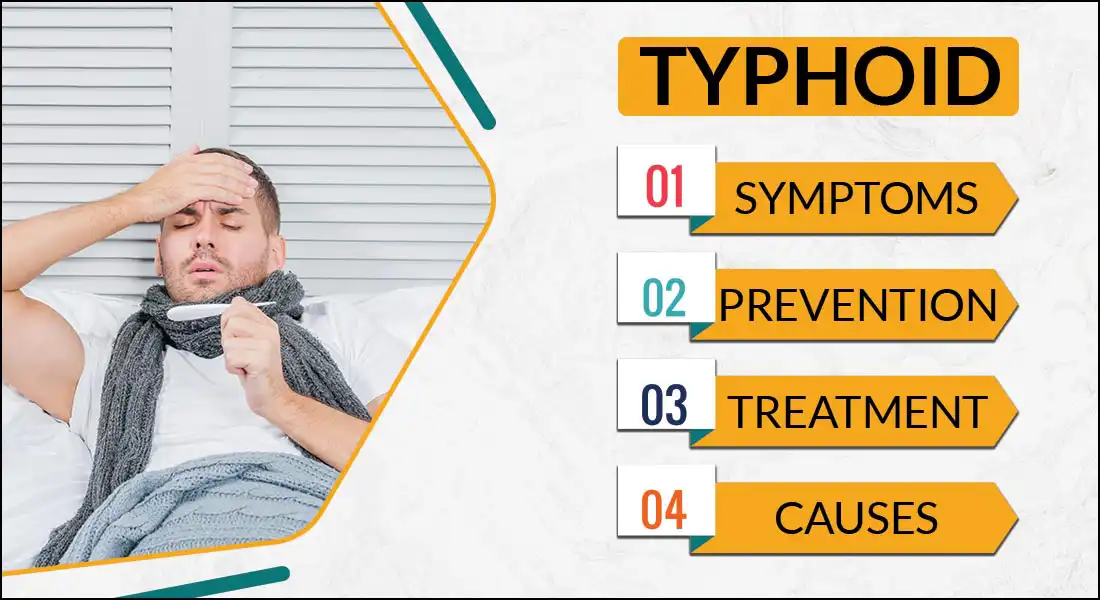
On this page
Typhoid fever is an acute bacterial infection characterised by severe illness and often spreads to multiple organs of the body. Lack of prompt diagnosis and treatment can result in serious health implications and even cause death.
Being a highly contagious disease, it is one of the primary causes of morbidity and mortality in unhygienic and overcrowded areas. The course of the disease may range from systematic illness to gastrointestinal problems but if left untreated, it may cause several complications. Typically, typhoid comes with fever, abdominal pain and headache.
In this blog, we will understand what causes typhoid, its common symptoms, diagnosis and treatment.
Causes Of Typhoid
The cause of typhoid is a type of bacteria named Salmonella typhi.
When people eat food or drink water that is contaminated by bacteria, it causes typhoid. It is highly contagious and spreads among people through the faeces of the infected person, and sometimes, through the urine. If the infected person does not wash his hands properly after using the toilet, he or she may contaminate the food they touch. If anyone eats this contaminated food, he or she will also become infected by typhoid fever.
While typhoid fever causes remain the same – Salmonella typhi – there are various other ways the disease can be contracted. These include:
- Contamination of water supply caused by infected human waste in underdeveloped and developing regions with poor sanitation
- Using a contaminated toilet and not washing your hands properly after that
- Consuming unwashed and uncooked vegetables that have been grown using human waste fertiliser
- Drinking contaminated milk products
It is important to know here that even after proper treatment, some people continue to bear the bacteria. They are called typhoid carriers. They no longer show typhoid fever symptoms but can still carry the bacteria in their faeces. Hence, these chronic carriers continue to infect others.
Symptoms Of Typhoid
The most common typhoid symptoms are:
- Headache
- A high temperature that increases persistently each day
- Fatigue or extreme tiredness
- Constipation
- Cough
- General body pain and ache
However, as the bacterial infection progresses, one may experience more severe typhoid fever symptoms such as feeling sick, diarrhoea, loss of appetite, rashes and tummy ache.
Lack of proper typhoid treatment at this stage will worsen the symptoms further and the risks of the infection getting potentially fatal.
Complications Of Typhoid
Complications typically arise when a person is not treated right away or does not get appropriate antibiotics. Such health implications arise during the 3rd week of the infection and commonly include:
- Intestinal bleeding
- Perforation in a section of the bowel or digestive system which causes the infection to spread to nearby tissues
Other, less common implications include pneumonia, inflammation of the heart muscle, kidney infections, inflammation of the pancreas and psychiatric problems like hallucinations, etc.
Typhoid Fever Diagnosis
If you have any of the symptoms discussed above, it is important to visit a doctor. To see if you have the infection, the doctor will recommend a test for typhoid fever which typically includes analysing the samples of your blood, faeces or urine.
After you come in contact with contaminated water or food, the bacteria will attack the small intestine and then enter your bloodstream. The white blood cells carry the bacteria to the bone marrow, liver and spleen where they multiply. At this point, people get symptoms like fever. Thereafter, it starts to spread in the bowel tissues, biliary system, gall bladder and intestinal tract.
Therefore, initially, the test for typhoid fever is to check the stool samples. However, if the results are not evident, your doctor may recommend a urine or blood test for further diagnosis. A small sample is collected and cultured on a special medium and then checked under a microscope to detect the presence of Salmonella typhi.
In addition to a test culture, other tests may also be done to validate the presence of this infection. These include tests that help check typhoid DNA or antibodies in your blood. Whatever typhoid test your doctor suggests, make sure you choose a good diagnostic centre that has the expertise and technology to perform the test and provide accurate results.
How To Typhoid Treated?
Typhoid treatment usually includes taking a full course of antibiotic medicines. The infection can be treated at home and does not require hospital admission unless complications arise.
If diagnosed at an early stage, you may need to take antibiotics for 7-14 days. Within 2-3 days of taking the antibiotics, the symptoms should start to improve. But make sure you complete the course to ensure the bacteria gets completely removed from the body.
At the same time, you should eat nutritious food, drink plenty of fluids and take a rest. Also, ensure that you maintain proper hygiene like washing your hands regularly with warm water and soap. This will help prevent the risk of spreading the disease. If typhoid fever symptoms get worse, get in touch with your doctor immediately.
DISCLAIMER: THIS WEBSITE DOES NOT PROVIDE MEDICAL ADVICE. The information including text, graphics, images, and other material contained on this website is for informational purposes only. No material on this site is intended to be a substitute for professional medical advice, diagnosis, or treatment. Contact a health expert if you have questions about your health.





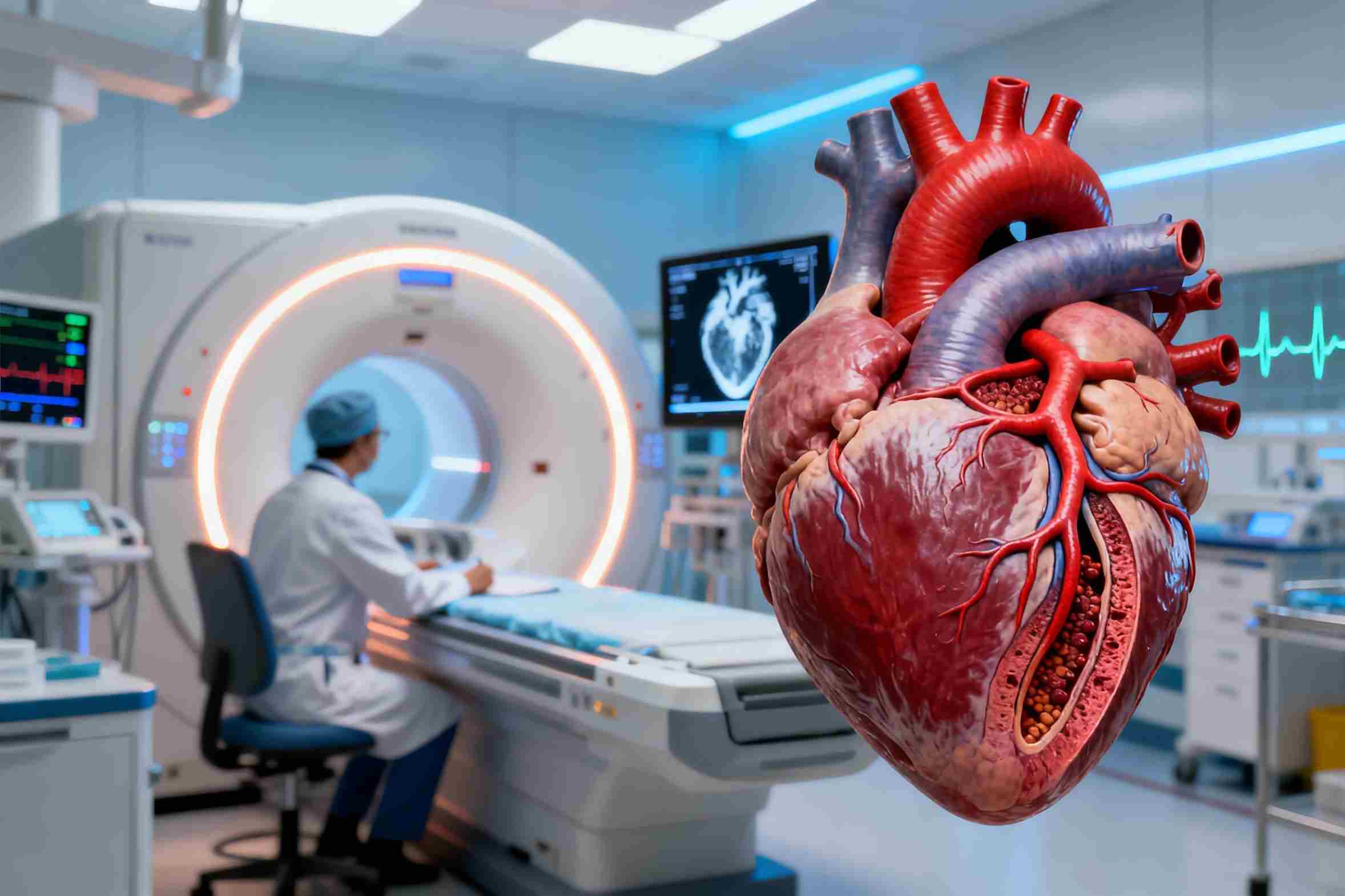

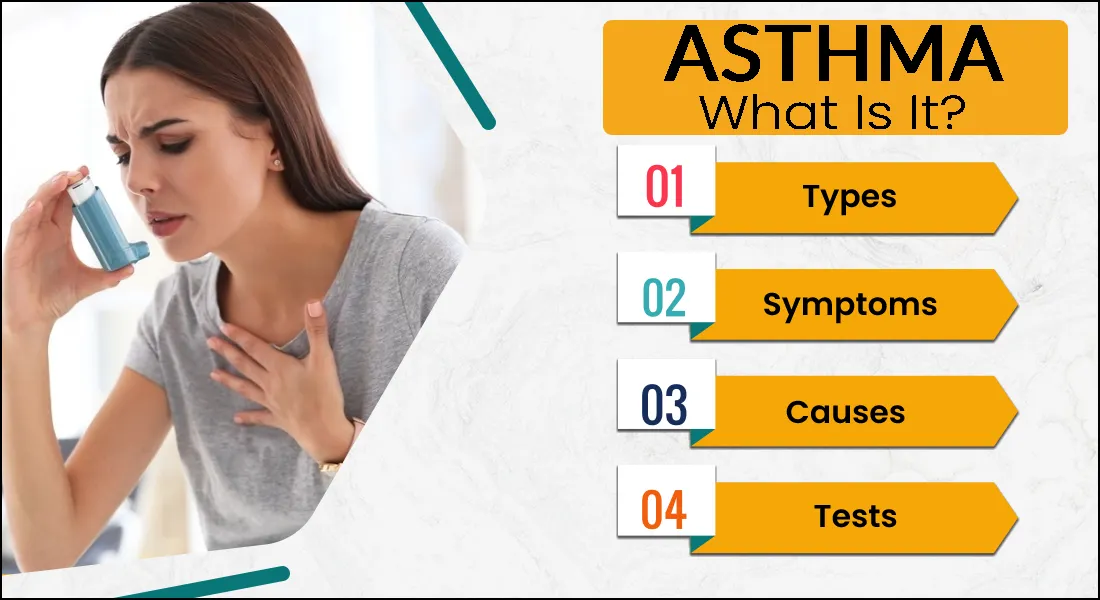
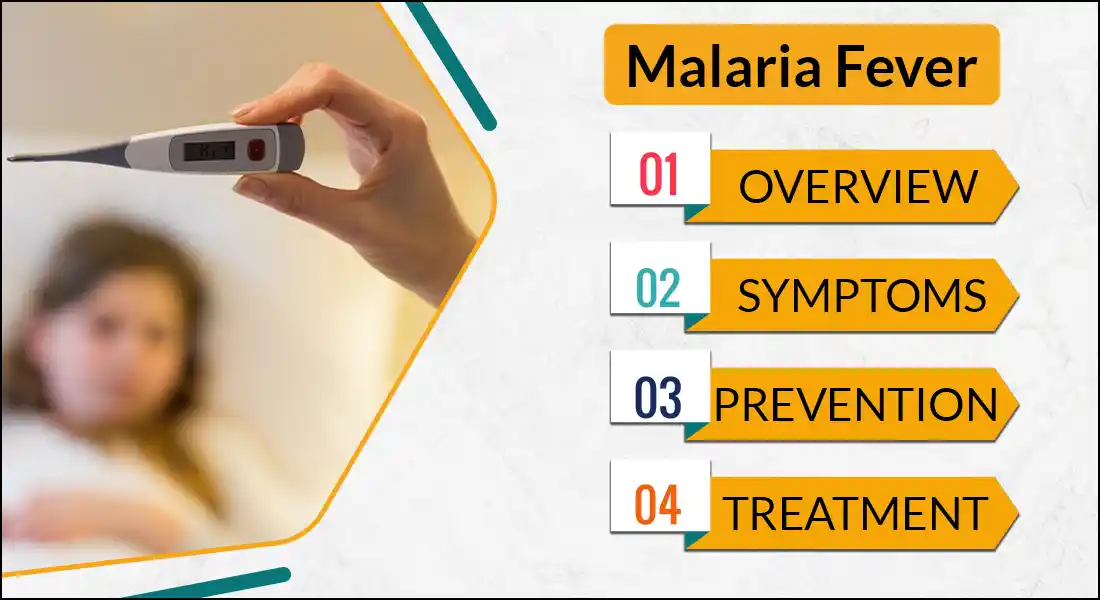

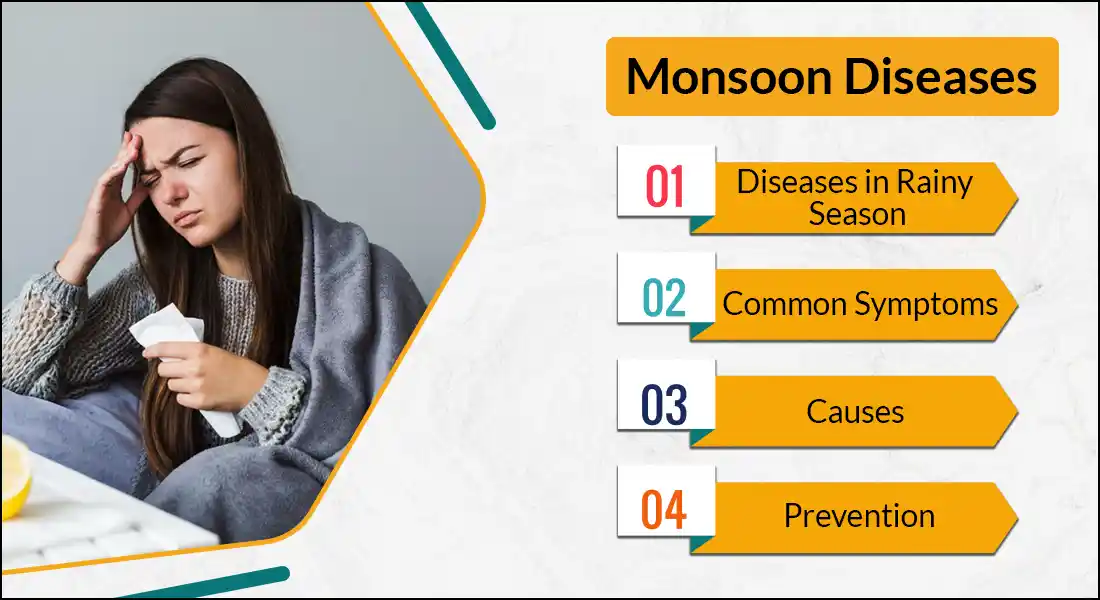
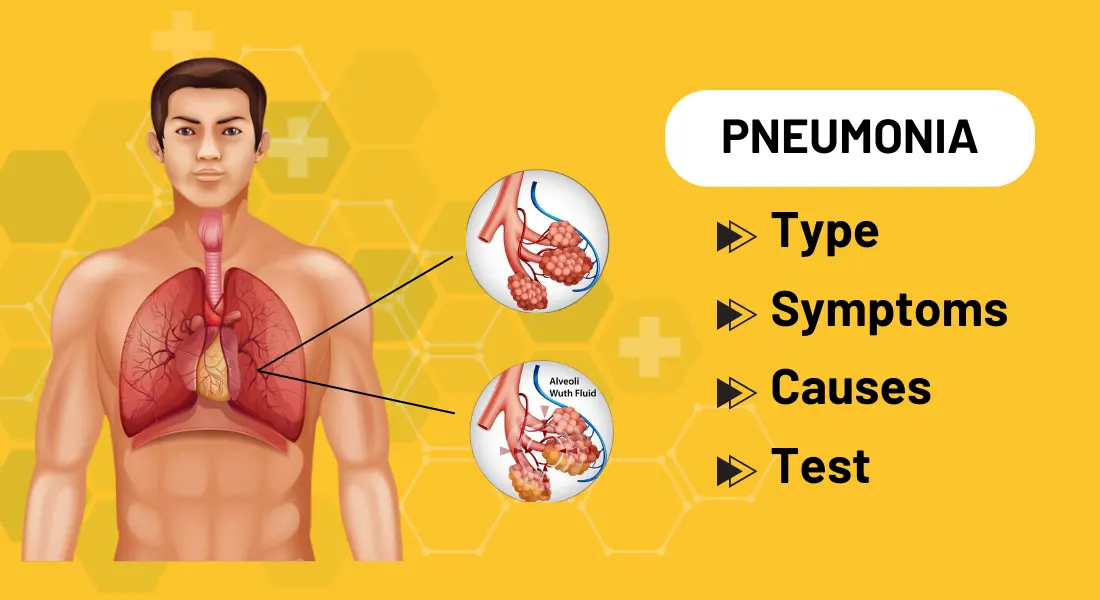
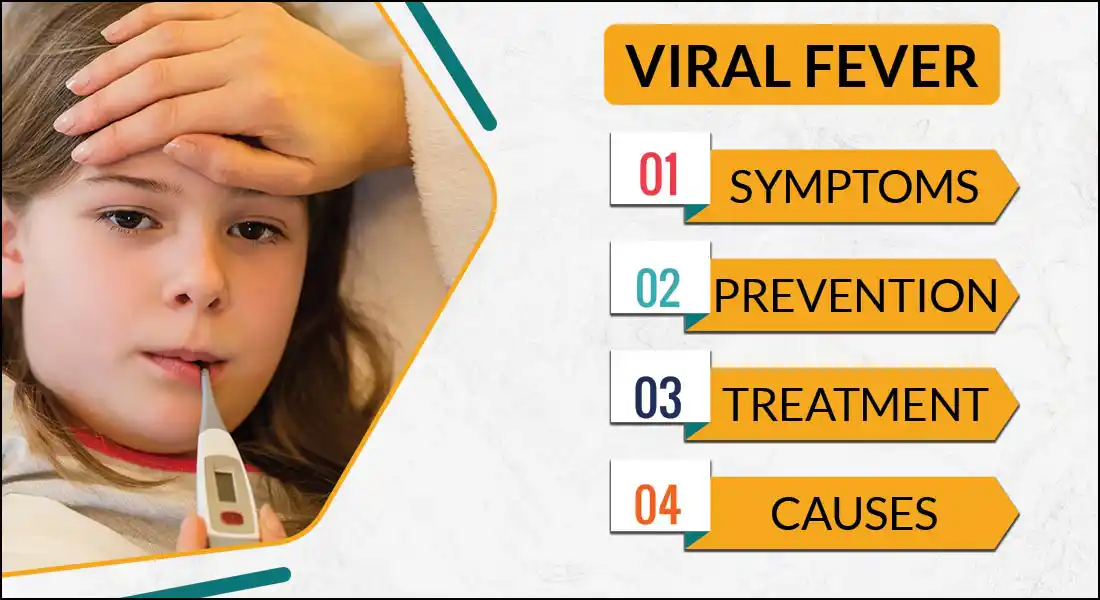


Comments List